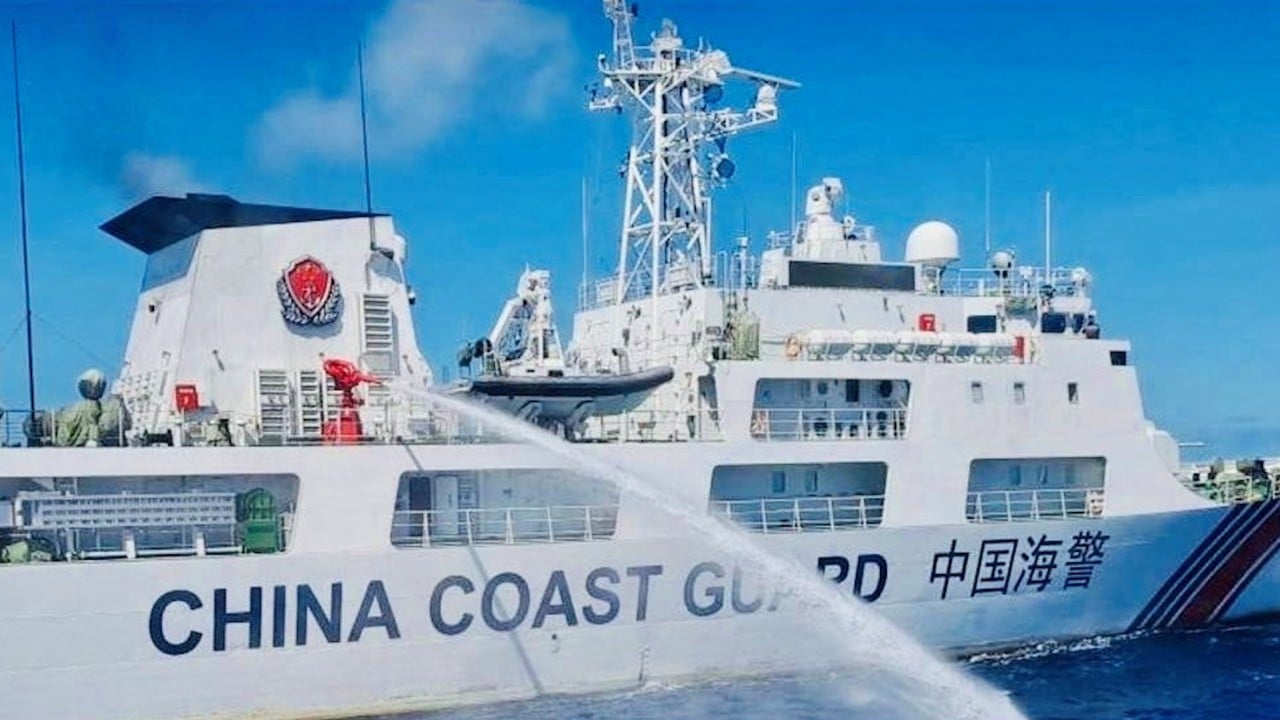Rahm flagged the importance of the alliance with Japan in helping the US switch to a more multinational approach to security and economic development. The US has been known for a “hub and spokes” approach to security ties that didn’t require close relationships among its allies.
“This lattice structure is a fundamental shift of the United States to a more multinational approach whether it comes to military exercises, economic development, or whether it comes to diplomatic initiatives,” Emanuel added.

Meanwhile, a senior US admiral has said that China’s actions in the South China Sea were an example of it trying to gain territorial space through force, and were destabilising the region.
Admiral John Aquilino, Commander of the US Indo-Pacific Command, said on Tuesday in an address to the Lowy Institute think tank in Sydney that China’s actions against the Philippines, particularly in Second Thomas Shoal, were “dangerous, illegal and they are destabilising the region”.
Aquilino said he was “very concerned about what is happening at Second Thomas Shoal”, where the physical action of the Chinese coast guard and a fishing vessel had resulted in six sailors injured. “So what’s next and how far are they willing to go in that area?”
“This is not isolated, this is about the PRC [People’s Republic of China] trying to gain territorial space unilaterally through force,” he said.
China claims almost the entire South China Sea as its territory, policed by an armada of coastguard vessels, some more than 1,000km (620 miles) from its mainland, and has maintained its responses have been appropriate in the face of Philippine encroachment.

But Aquilino said he was concerned this detente was temporary, as China sought to stabilise its economy.
“Those sets of cooperation and the linkages are really a new world and a concern,” he said.
“An increased military presence in that region is a direct threat to Australia as it applies to homeland defence and it doesn’t put the US in a good position either,” he said.
Additional reporting by Reuters


